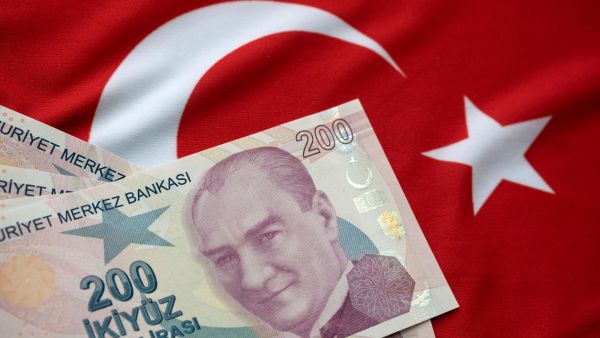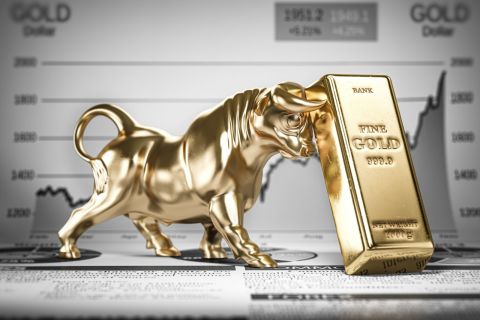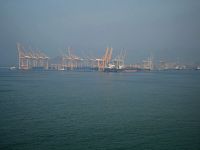ALBAWABA – Turkey’s economy grew more than expected as the country’s gross domestic product (GDP) expanded 0.3 percent from the second quarter in seasonally and working-day adjusted terms, according to official data published on Thursday.
Data released by the Turkish Statistical Institute showed the annual reading of Turkey’s economy and its growth was the highest since the second quarter of last year, according to Reuters.
Growth in the second quarter of this year was revised up to 3.9% from 3.8%, and annual GDP growth beat expectations, both Reuters and Bloomberg reported, at 5.9 percent.
A Reuters poll forecast Turkey’s economy to have expanded by 5.6% annually in the third quarter, after which it should cool given the central bank has hiked rates to 40% from 8.5% since June.
The 0.3 percent GDP expansion, however, from the second quarter is far lower than the revised 3.3 percent in the previous three months. It is far lower than every estimate in a Bloomberg survey of economists, whose median was for 1 percent, the New York-news agency reported.

Erdogan's approach was to expand Turkey's economy at the expense of inflation and the lira - Shutterstock
A soft landing for Turkey’s economy, worth $1 trillion, would be a vindication for Erkan, who’s argued that price stability is critical to sustainable growth. Prior to her appointment in June, Erdogan for years leaned on policies that pumped up the economy at the expense of inflation and the lira.
The central bank anticipates price growth will peak next May, Bloomberg reported, at as high as 75%, finishing 2024 at 36% from 65% at end-2023.
Still, a prolonged economic slump is not likely for Turkey, given the central bank initially took a gradual approach to tightening policy and with the country’s output gap remaining positive.
A model developed by Demiralp together with fellow researchers at Koc University showed the probability of a recession in Turkey is at less than 20%, according to Bloomberg.
The weaker quarterly performance of Turkey’s economy this last quarter was due to a slowdown in domestic demand, likely due to higher interest rates.









